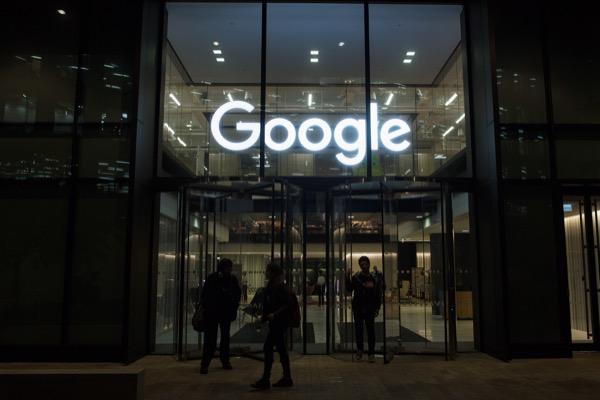Google cracks down on hybrid working – and will track staff attendance

Google is reportedly cracking down on its hybrid-working policy with the tech giant to begin tracking staff office attendance and including employees’ frequency in the office in performance reviews.
Fiona Cicconi, Google’s chief people officer, is said to have written an email to employees on Wednesday, according to reports in CNBC, noting that there is “just no substitute for coming together in person”.
The search engine and mobile-phone maker now wants employees in the office three days a week and will send reminders to workers who are “consistently absent from the office.”
Cicconi also was said to have asked already-approved remote workers to reconsider their choice: “For those who are remote and who live near a Google office, we hope you’ll consider switching to a hybrid work schedule. Our offices are where you’ll be most connected to Google’s community.”
Google, which is a $1trn company, wants to get people back into the office to drive productivity, “working together in the same room makes a positive difference,” she added.
Moreover, in the US employees will be tracked on their office attendance via badge data, with executives reviewing whether or not to implement it in other countries, a separate document obtained by the outlet shows.
Hybrid working was made popular by the pandemic when it was encouraged by governments to stay inside and limit interaction with people.
However, despite businesses fully reopening the trend has remained with staff still largely splitting their time between the office and home – with many reporting that the balance has improved their wellbeing.
In April, American bank JP Morgan Chase also halted remote working for its senior staff.
“They have to be visible on the floor, they must meet with clients… and they should always be accessible for immediate feedback and impromptu meetings,” the global business told staff in a memo.
“Employers that force staff back to offices full-time face an uprising. Staff will not easily surrender the benefits they are now used to,” Marcus Beaver, UKI country leader at Alight Solutions, said.
“It’s no longer important where employees work day to day. It’s about having the right skills to achieve the business goals, and employees have proven they can get the job done. After all, an employer’s most valuable asset is their staff.”
He added: “If they do want to bring workers back, offices will need to revamp their spaces to foster a positive culture that breeds creativity and collaboration. It’s not enough to wish them back – they must be lured back.”
City A.M . has contacted Google for a comment